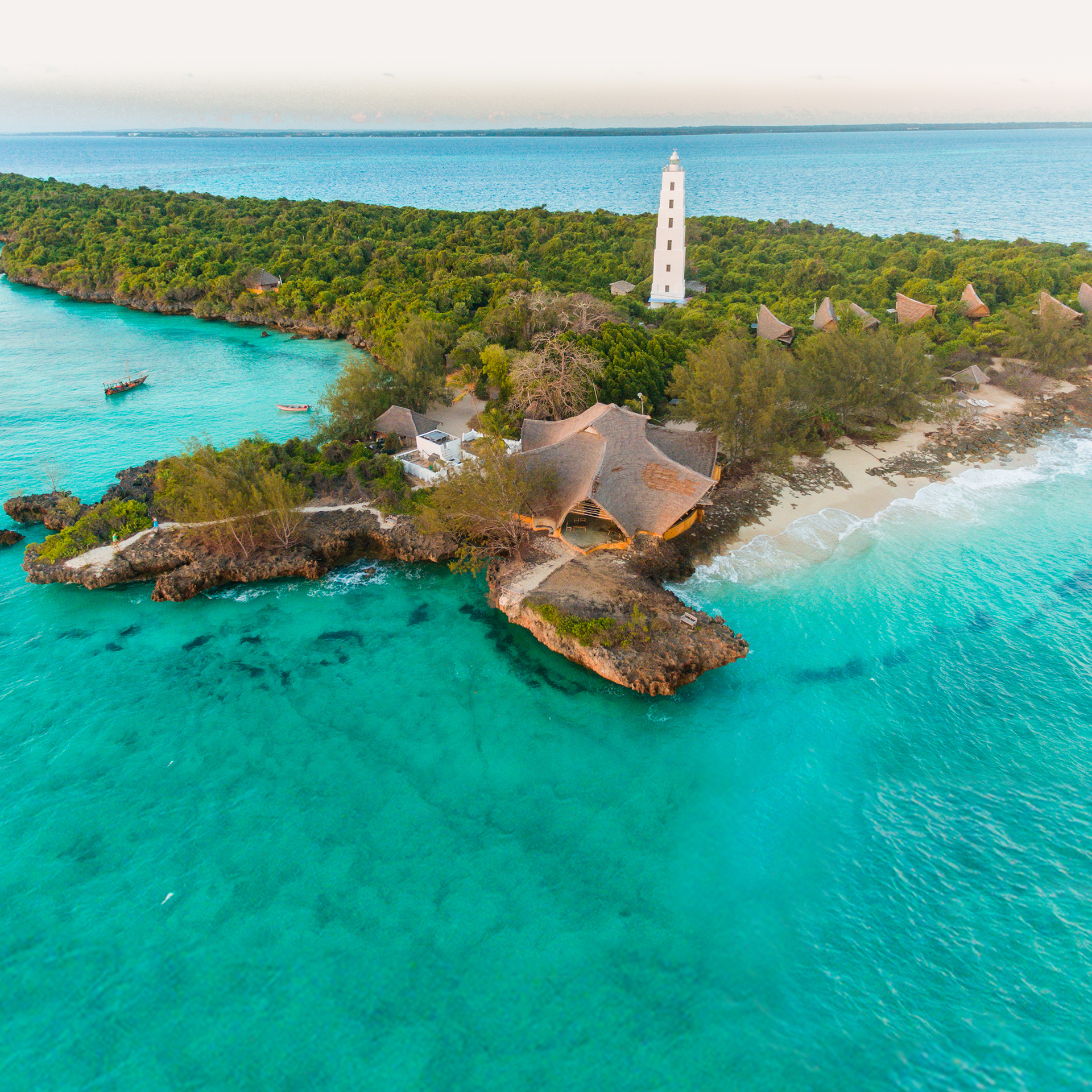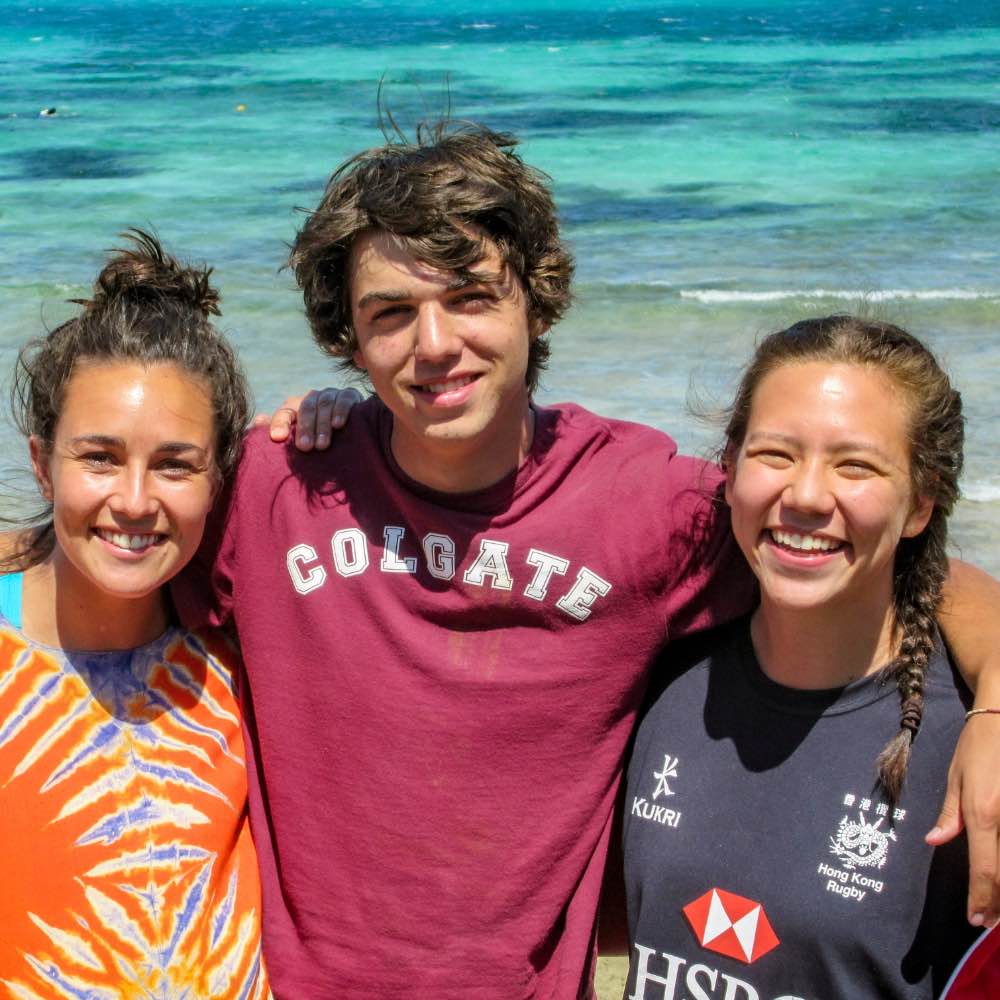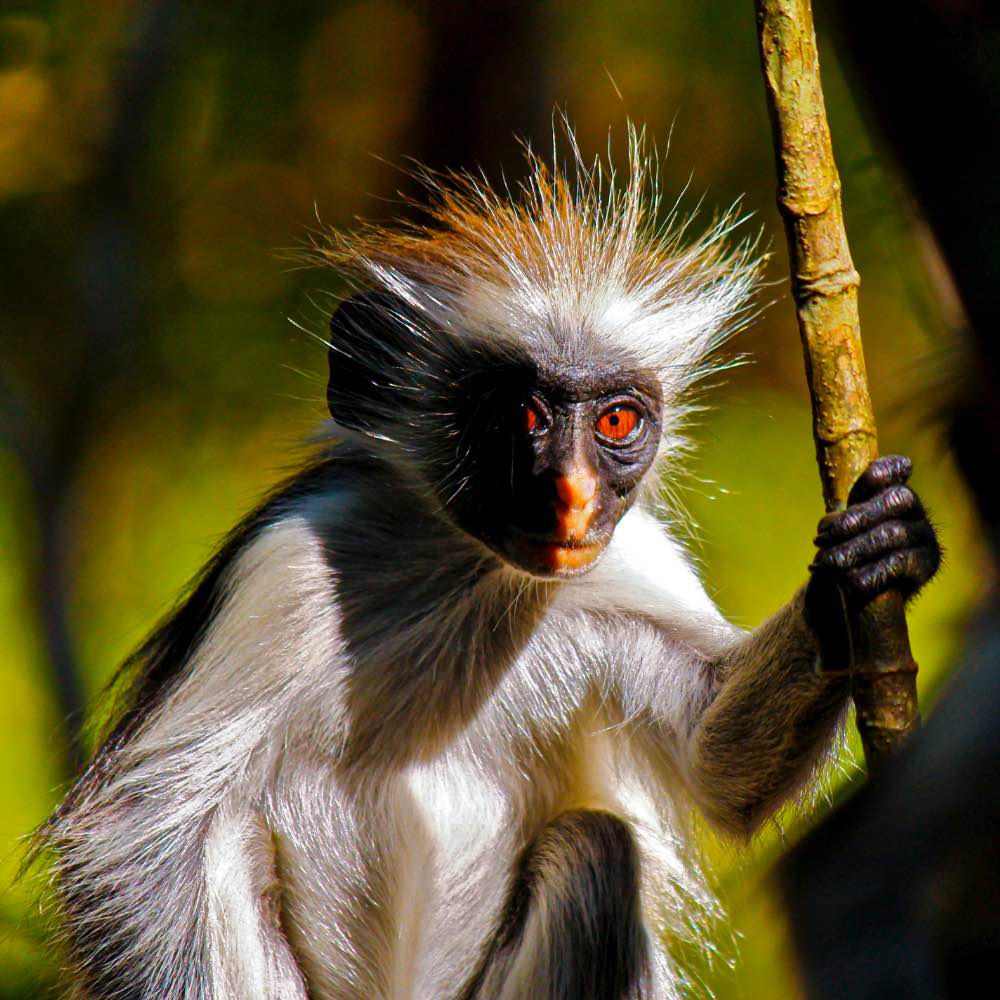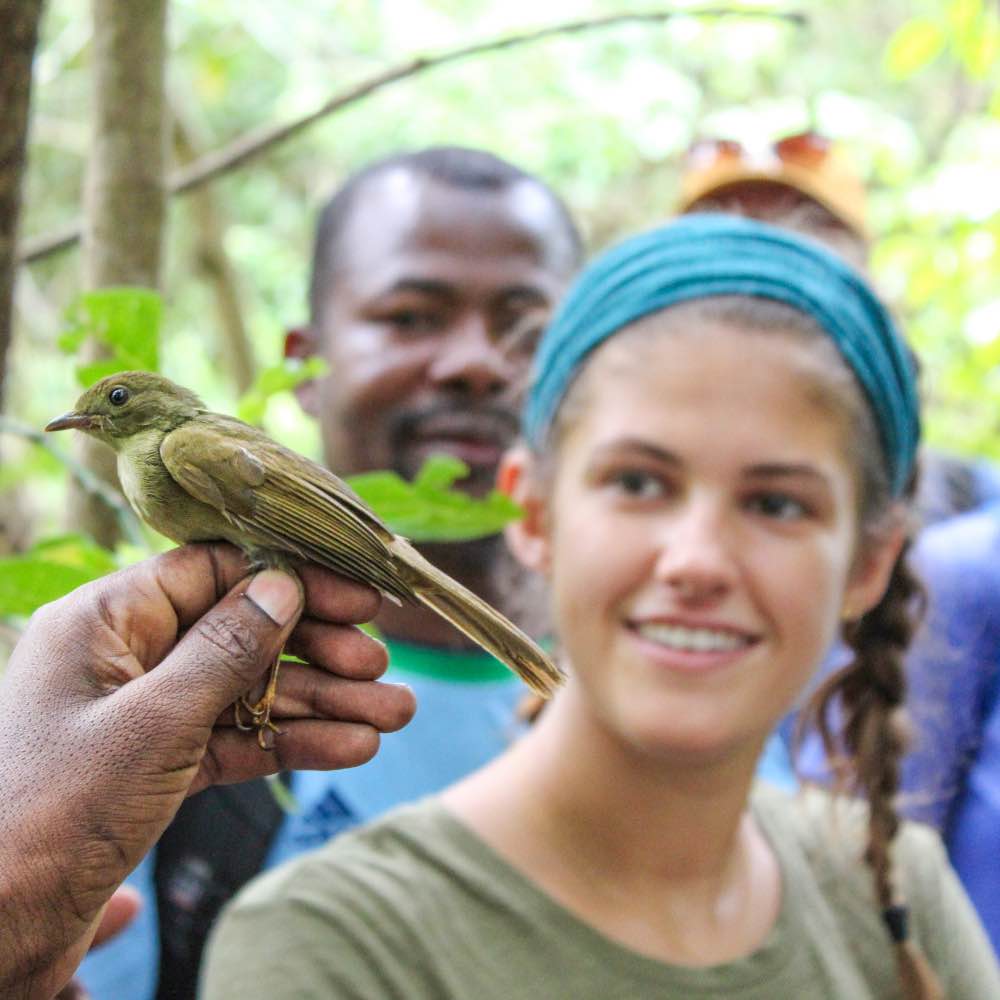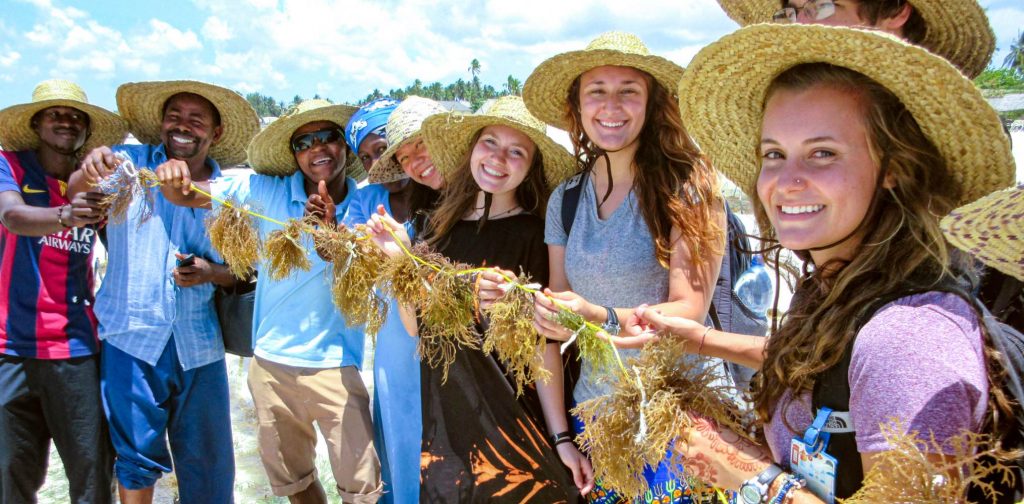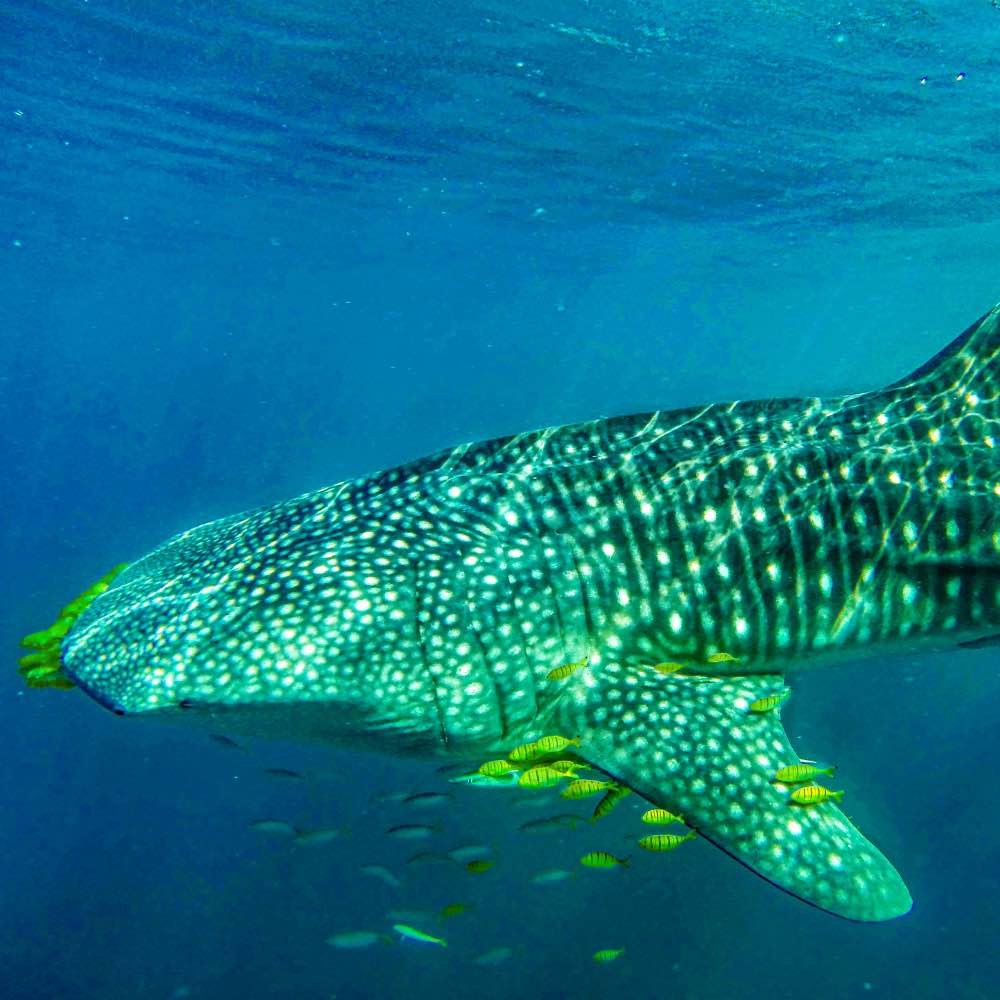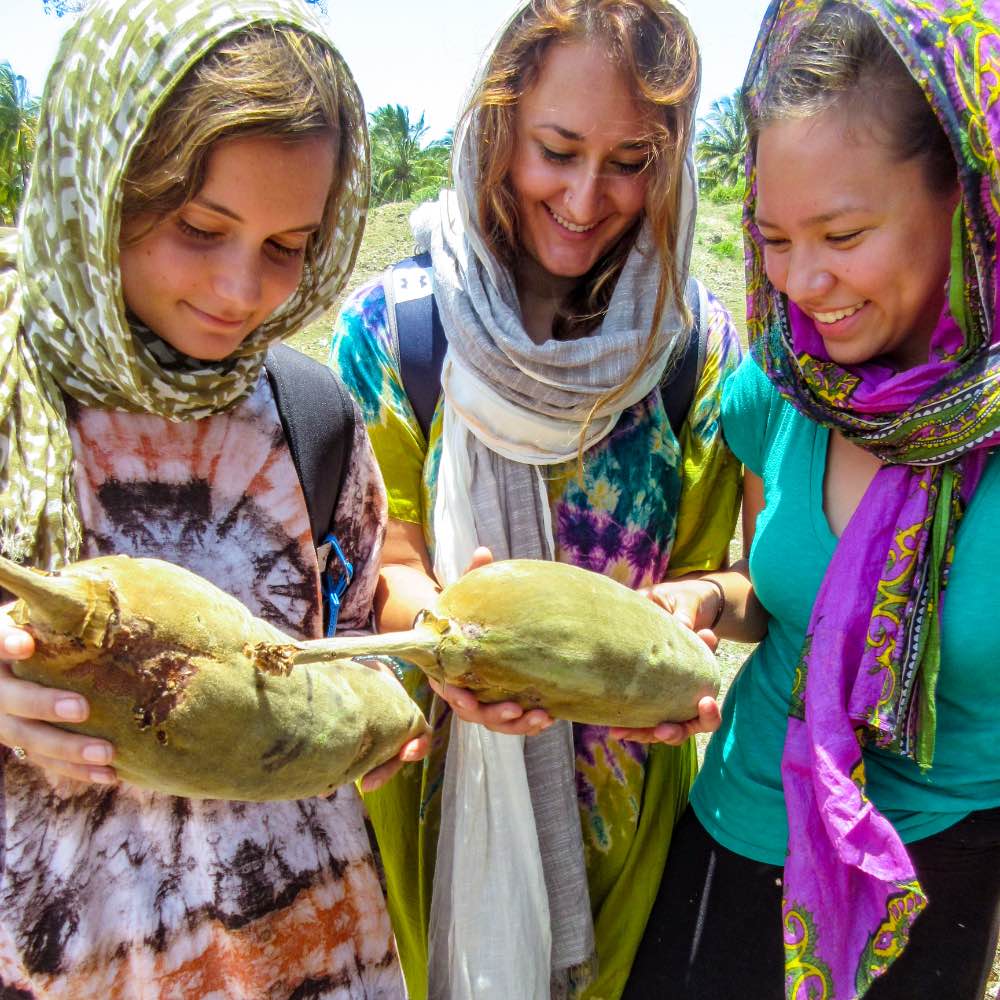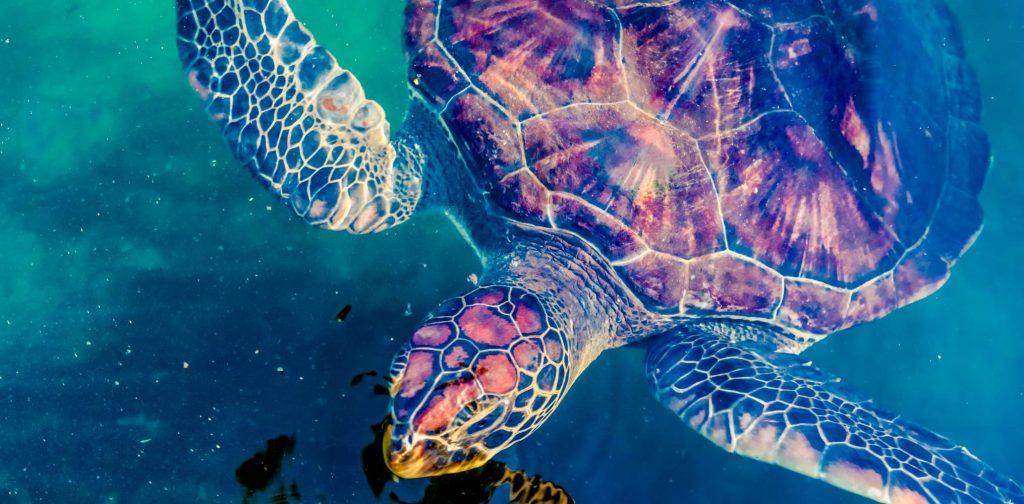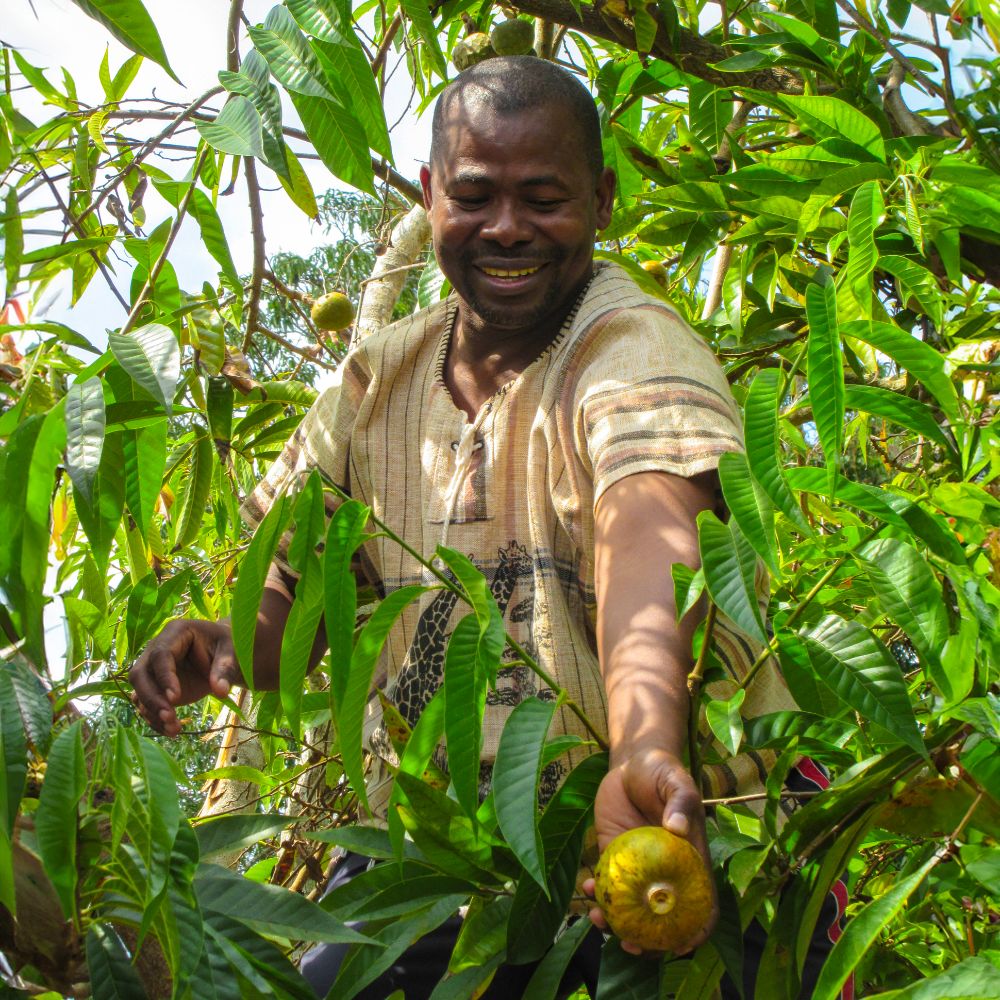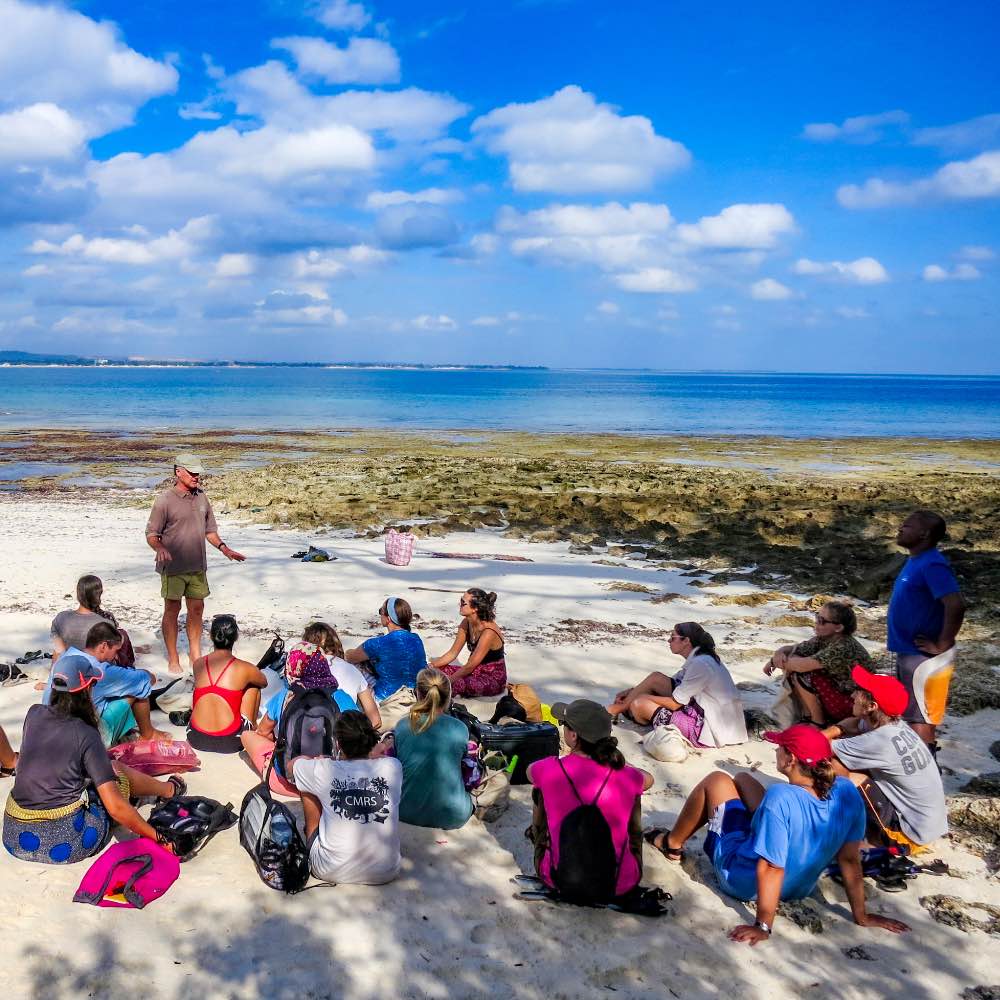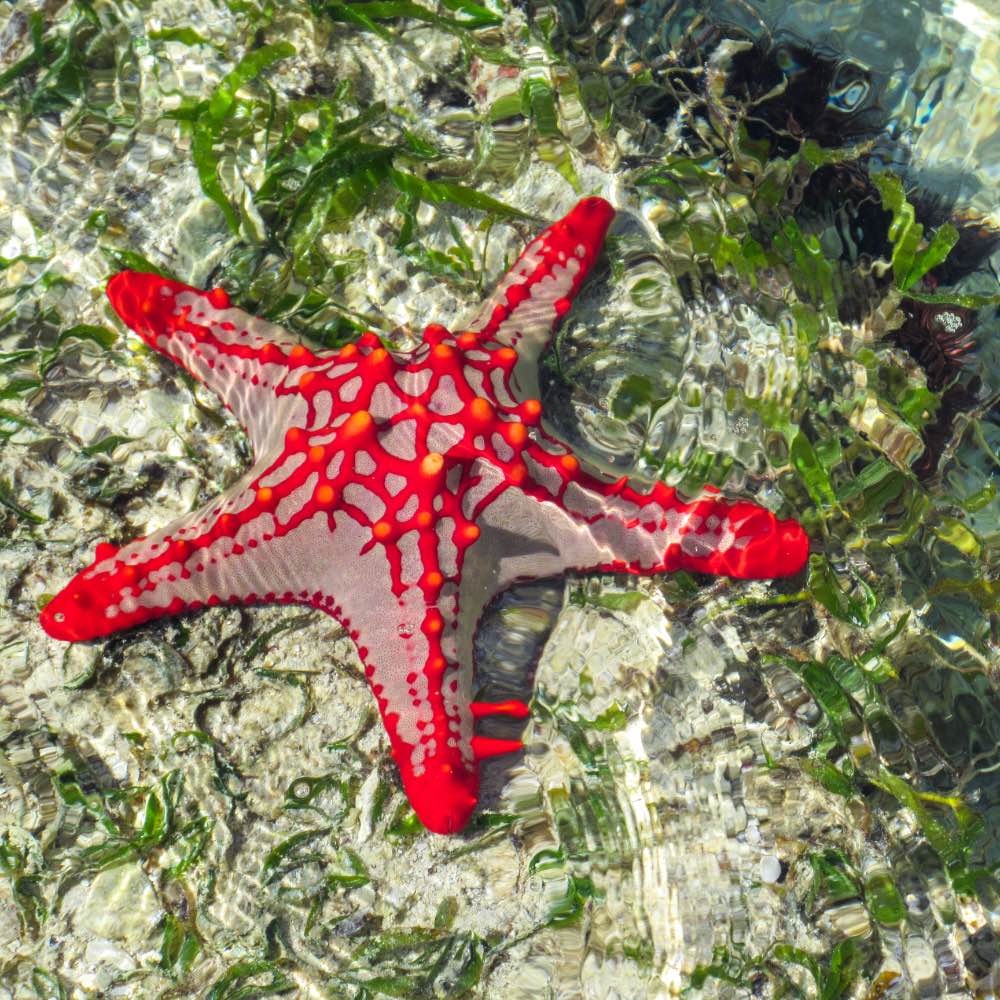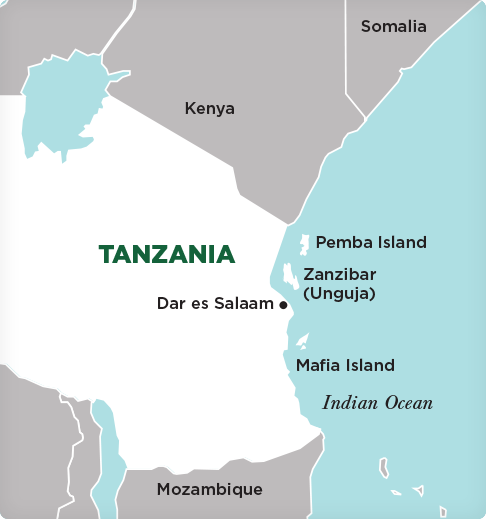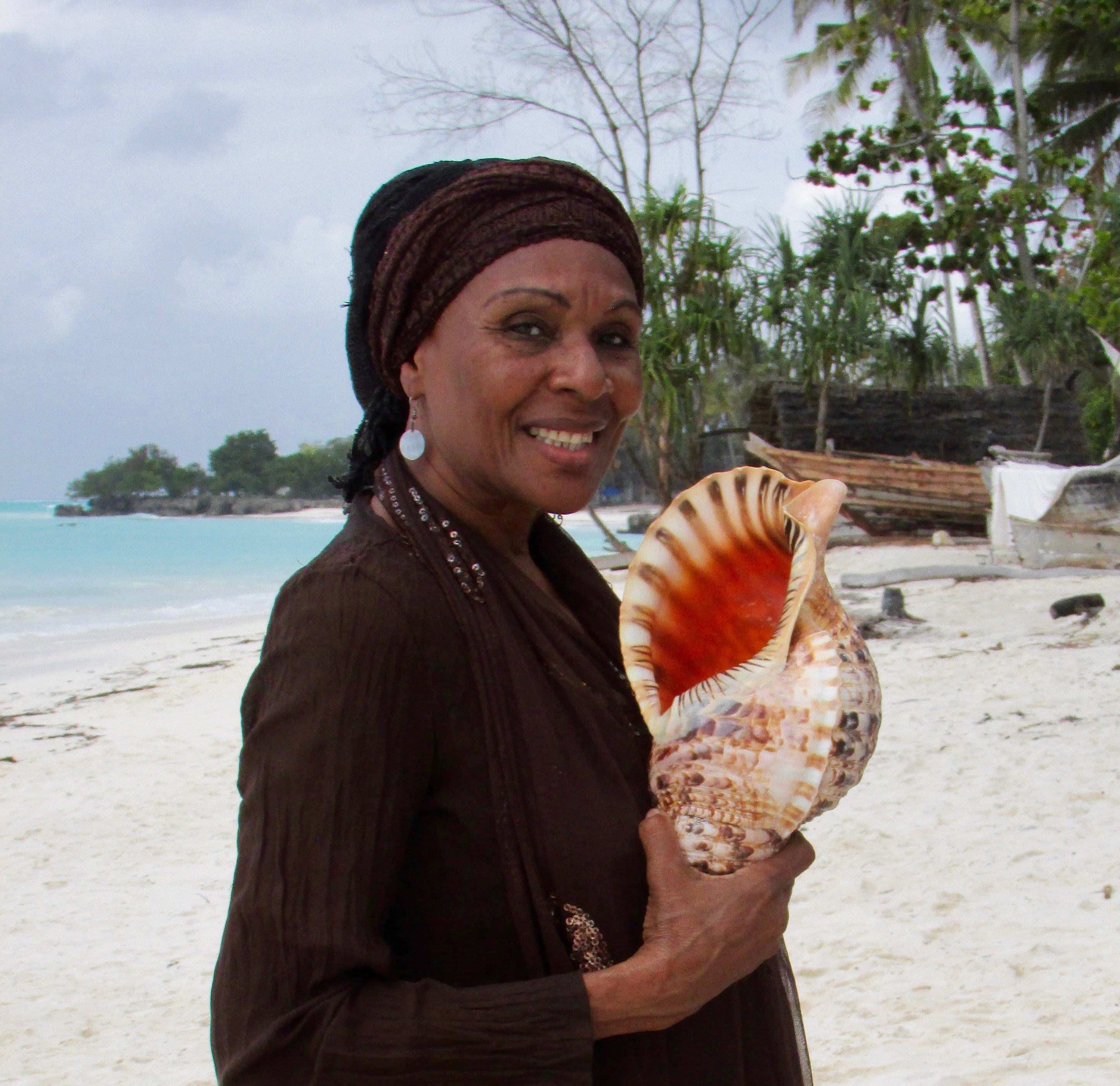Overview
Why study abroad in Tanzania?
Zanzibar’s extensive shoreline, unique flora and fauna, and tropical climate are ideal for exploring conservation and management of coral reefs, inter-tidal zones, and mangrove and terrestrial forests. From your coastal base in Stone Town, a UNESCO World Heritage Site, gain a deeper understanding of the human-environment interface in the tropics, biodiversity, conservation areas, environmental challenges, and ecotourism projects. Study rare or endemic species such as the hawksbill sea turtle, Pemba flying fox, and Zanzibar red colobus monkey. Observe wildlife at Jozani-Chwaka Bay National Park and snorkel at Chumbe and Misali islands and Pange Sandbar. Meet officials at Zanzibar’s Department of Forestry, the Institute of Marine Sciences, and the University of Dar es Salaam to hear their perspectives about natural resource management. Learn and practice speaking Kiswahili during your homestays in Stone Town, Zanzibar, and on Pemba Island. Understand the techniques, methods, and ethics necessary for successful field research in tropical settings and in diverse communities, and partner with an in-country expert on an Independent Study Project of your choice. Examine topics of marine and coastal environments and Swahili culture through short excursions. Meet with community members and institutions about challenges and their innovative solutions in an era of environmental change.
Highlights
- Delve deeply into ecosystems of the Indian Ocean and the islands of Tanzania-Zanzibar.
- Learn marine and terrestrial field methodologies on Unguja and Pemba islands.
- Study conservation and the sustainability of coral reefs, coastal forests, and vulnerable fauna, including hawksbill sea turtles and the Zanzibar red colobus monkey.
- Observe rare and endangered wildlife, such as the Pemba sunbird and coconut crabs.
Prerequisites
Previous college-level coursework and/or background in environmental studies, ecology, biology, wildlife conservation, the blue economy, or related fields or topics, as assessed by SIT. Swimming and snorkeling proficiency is strongly recommended.


